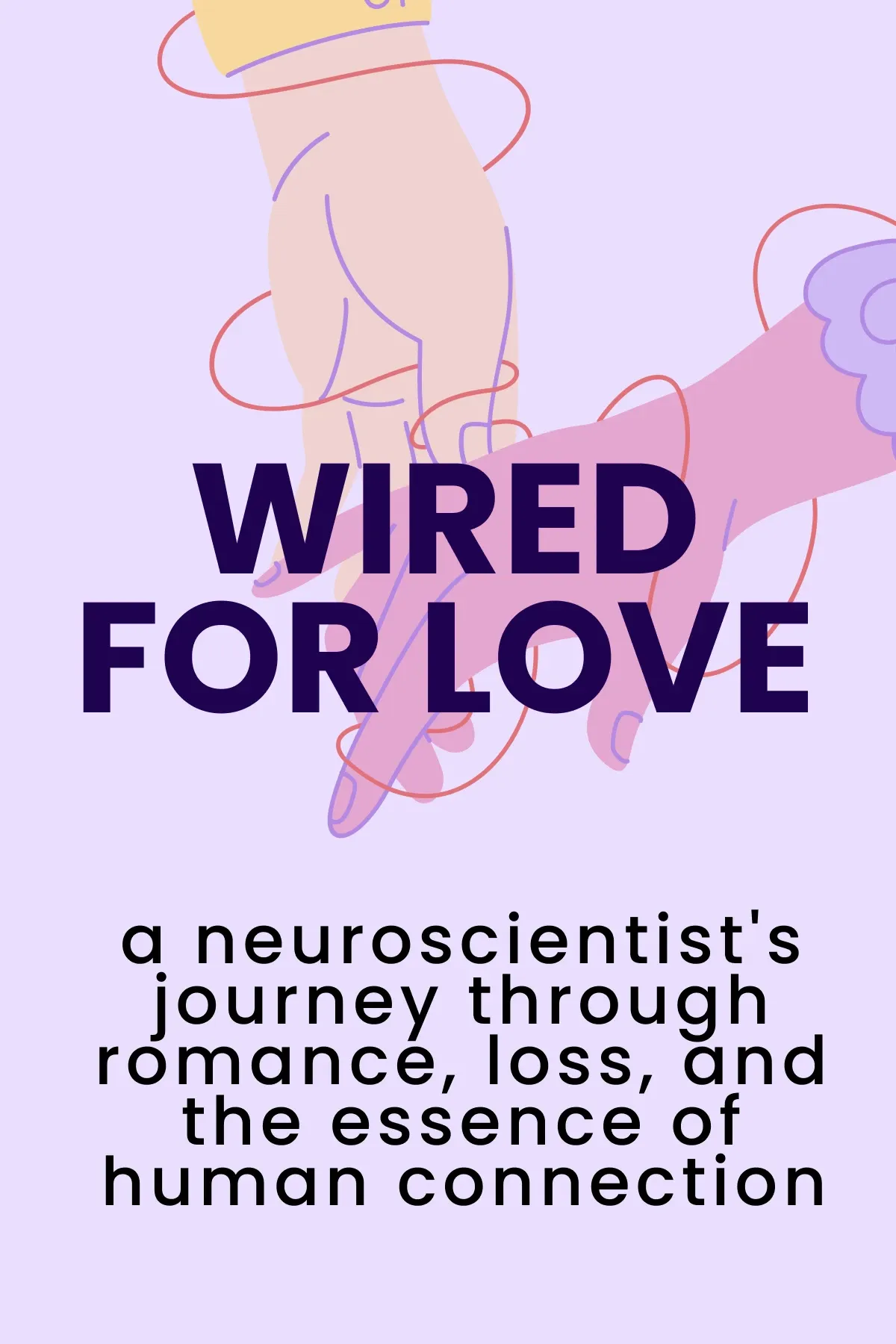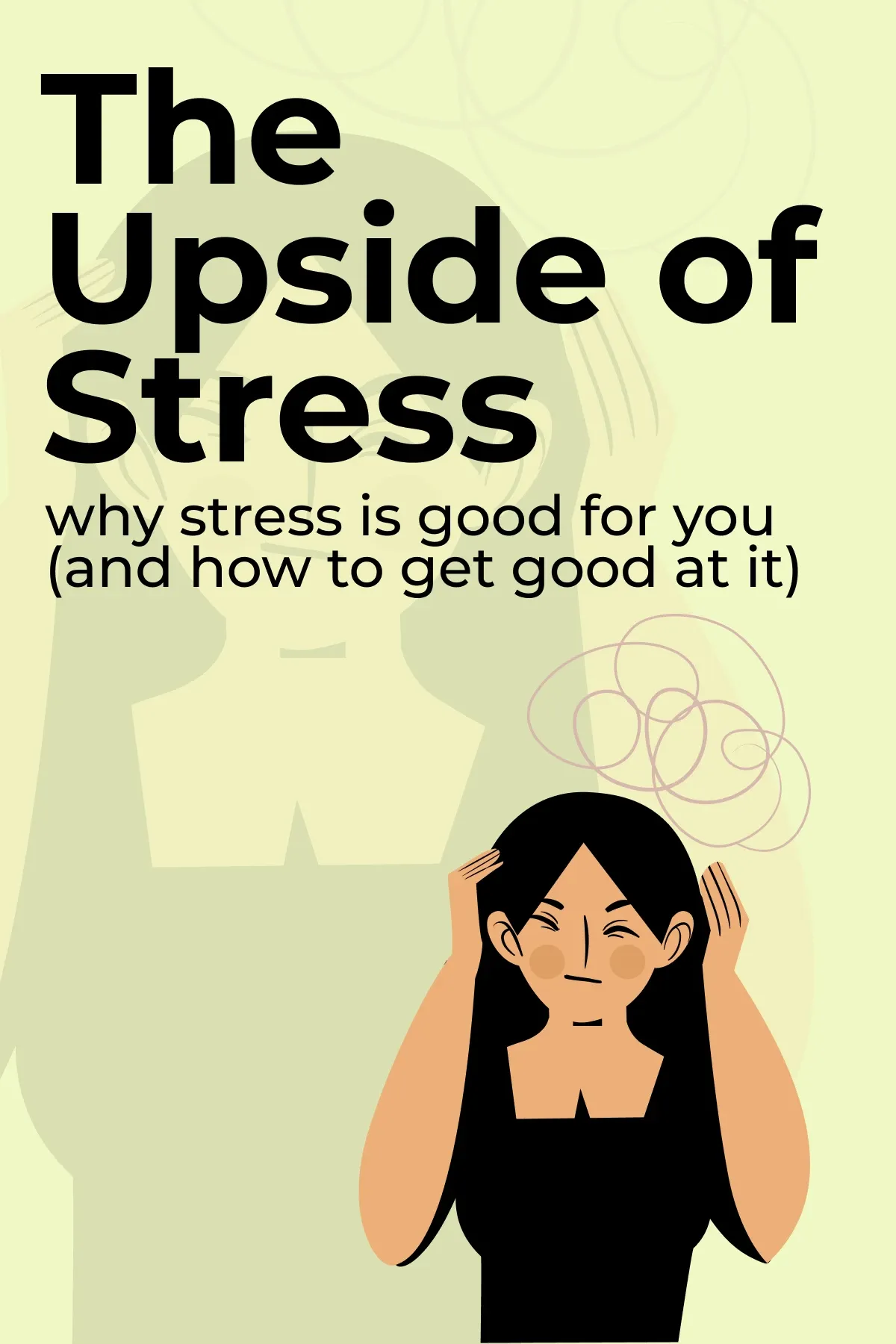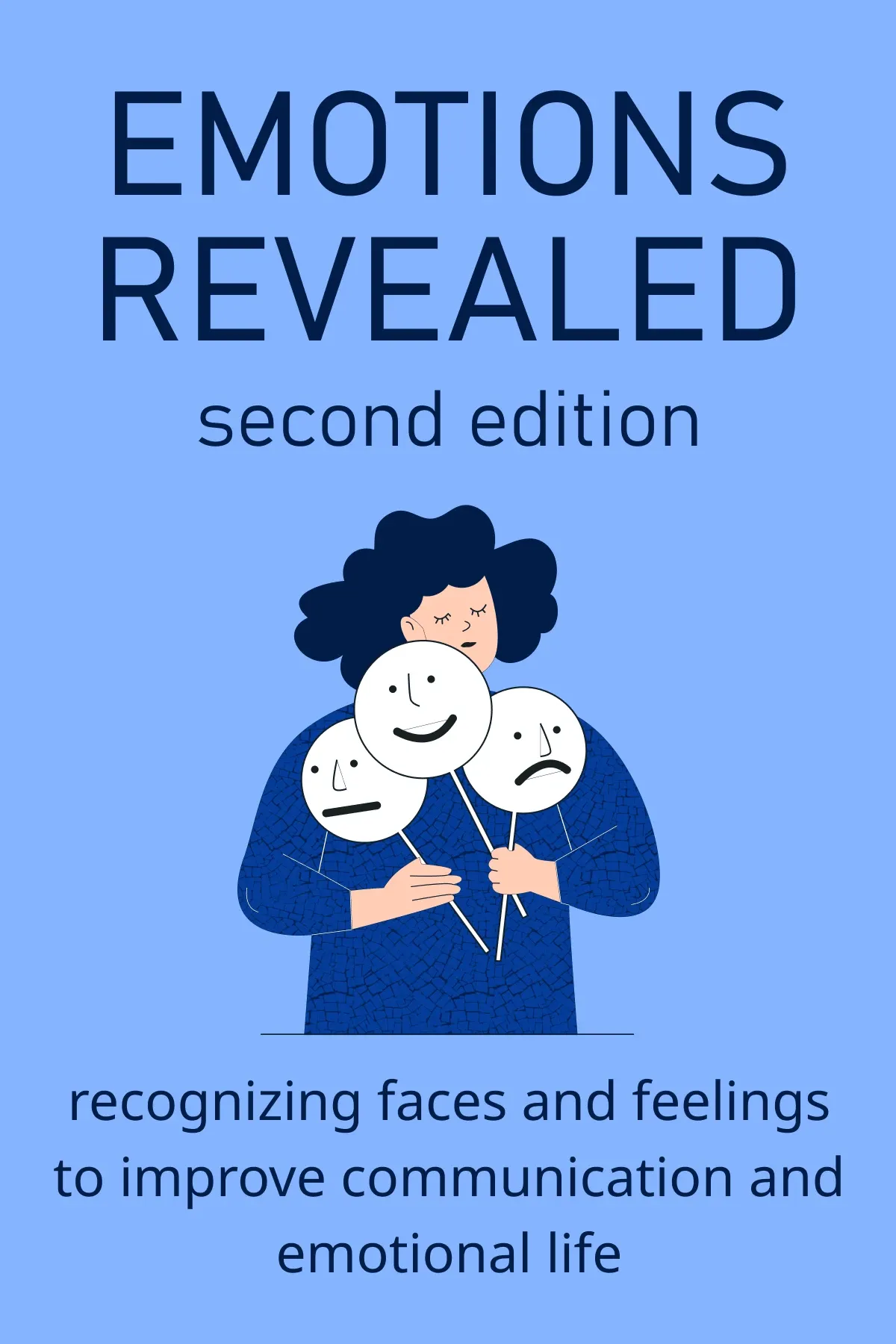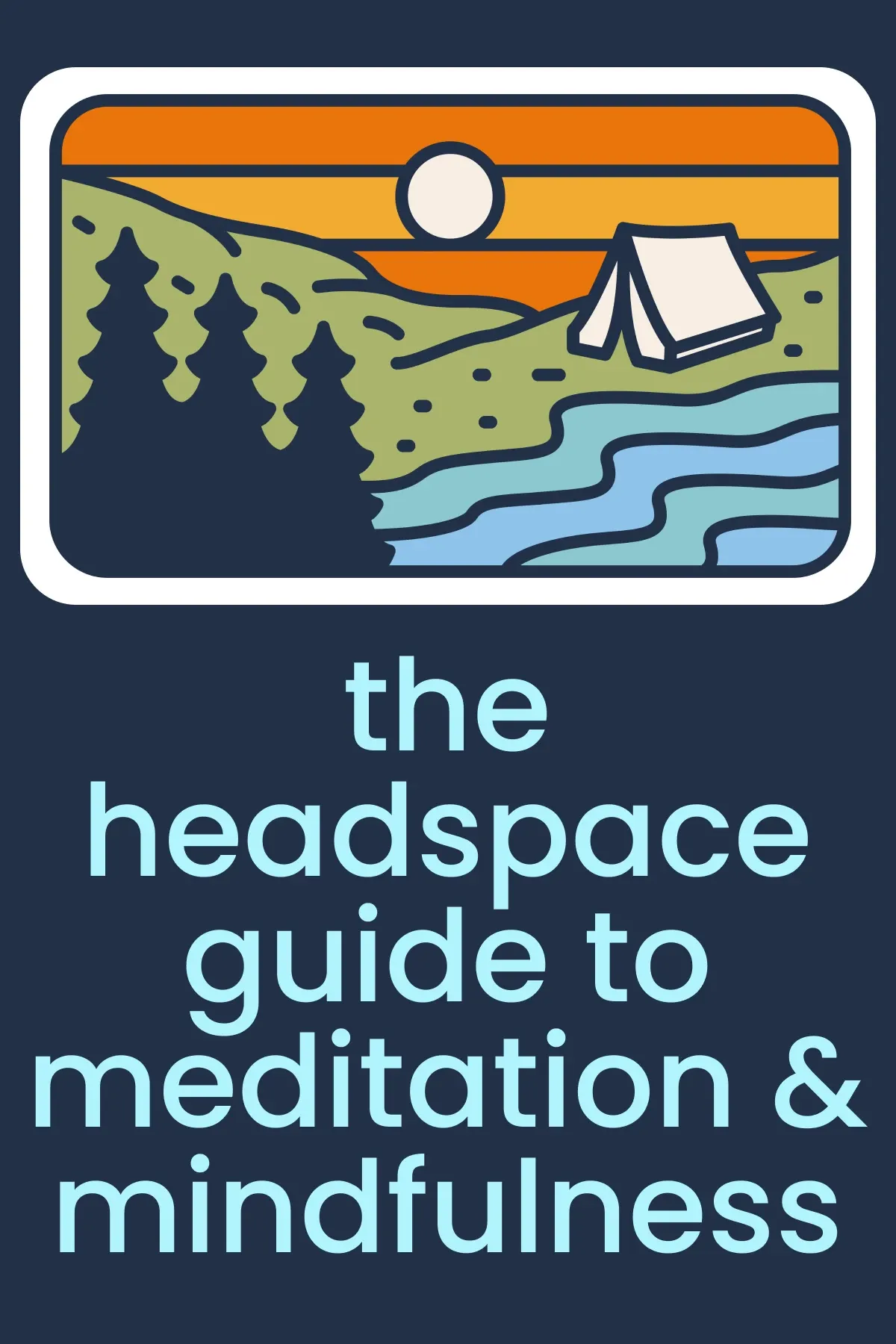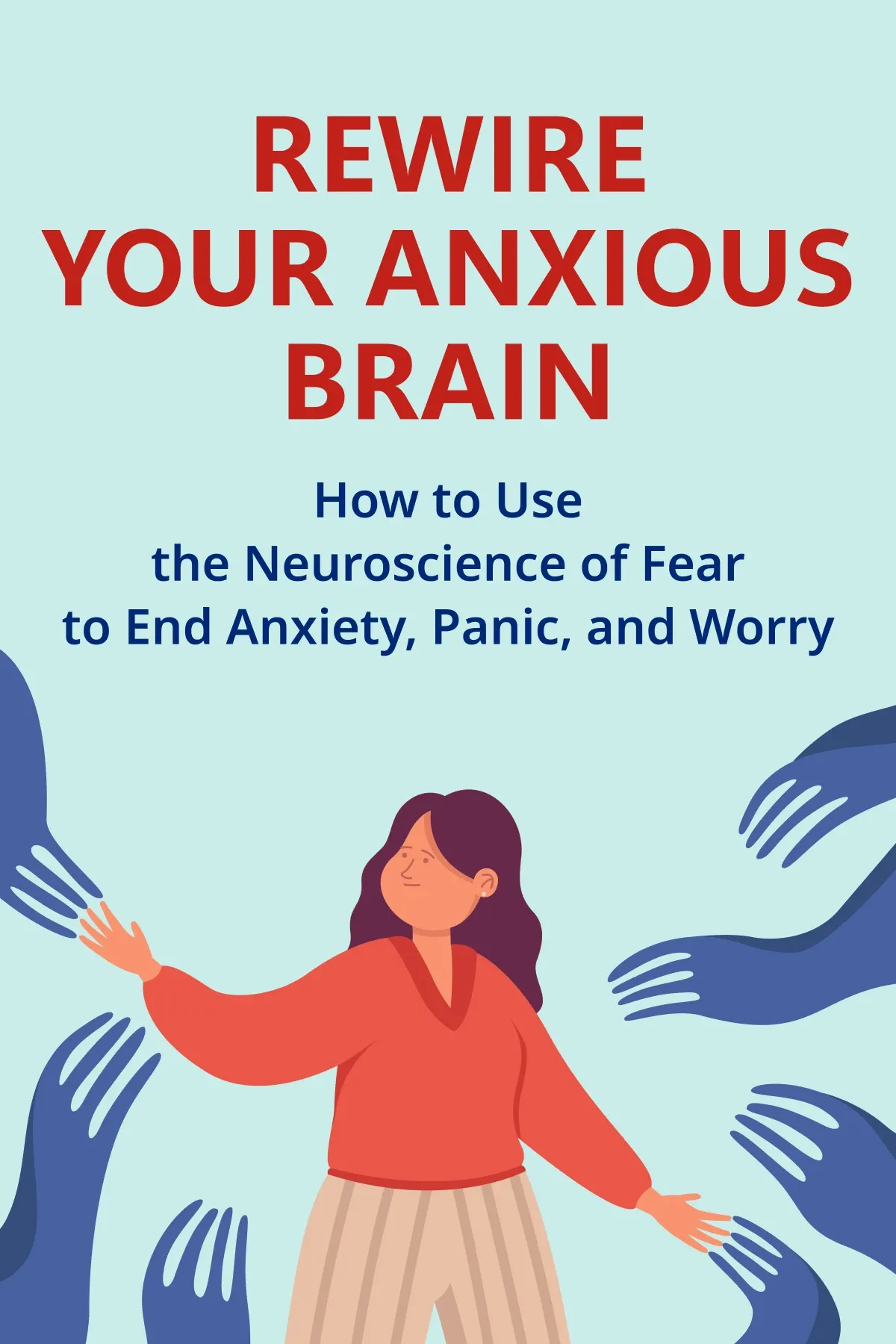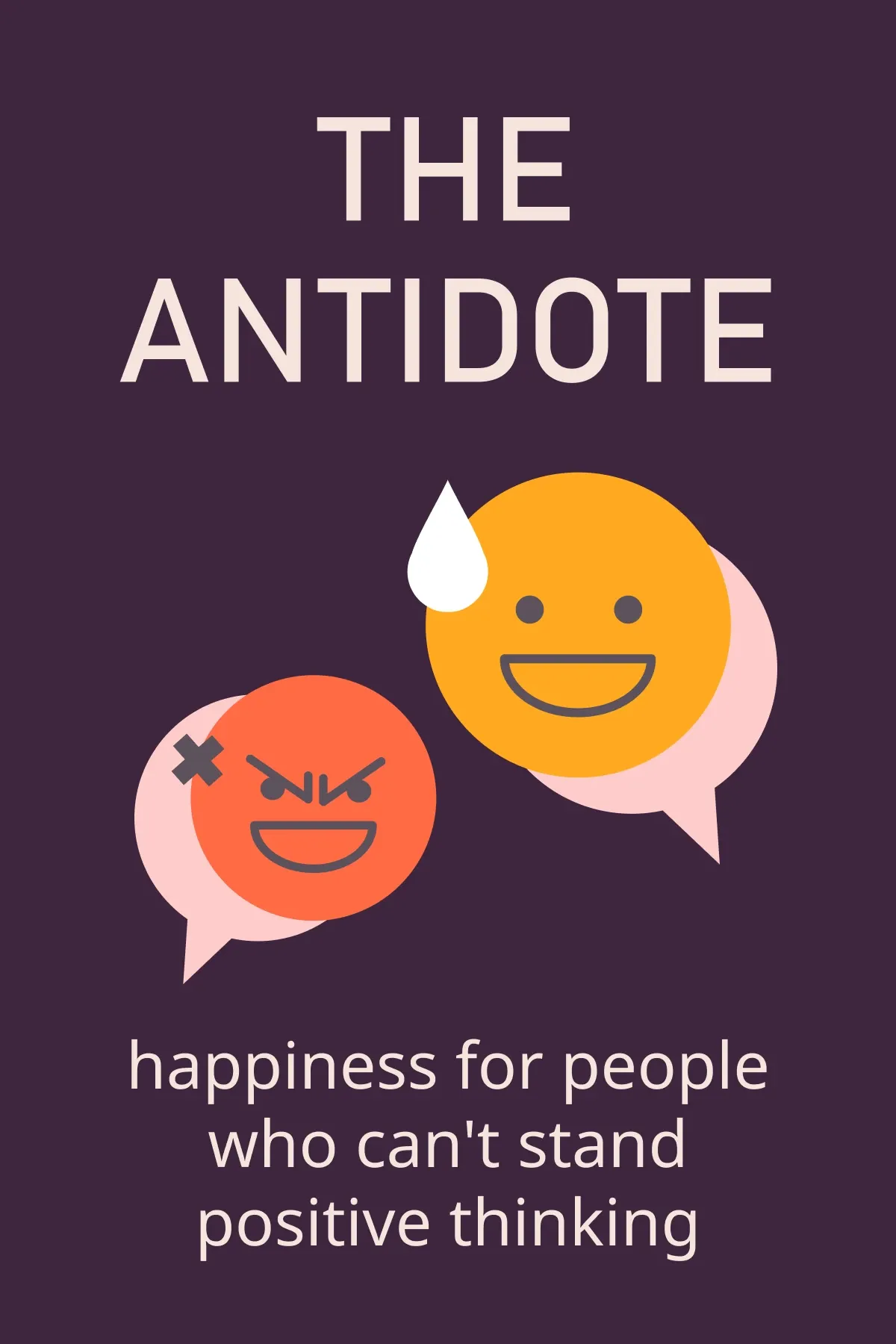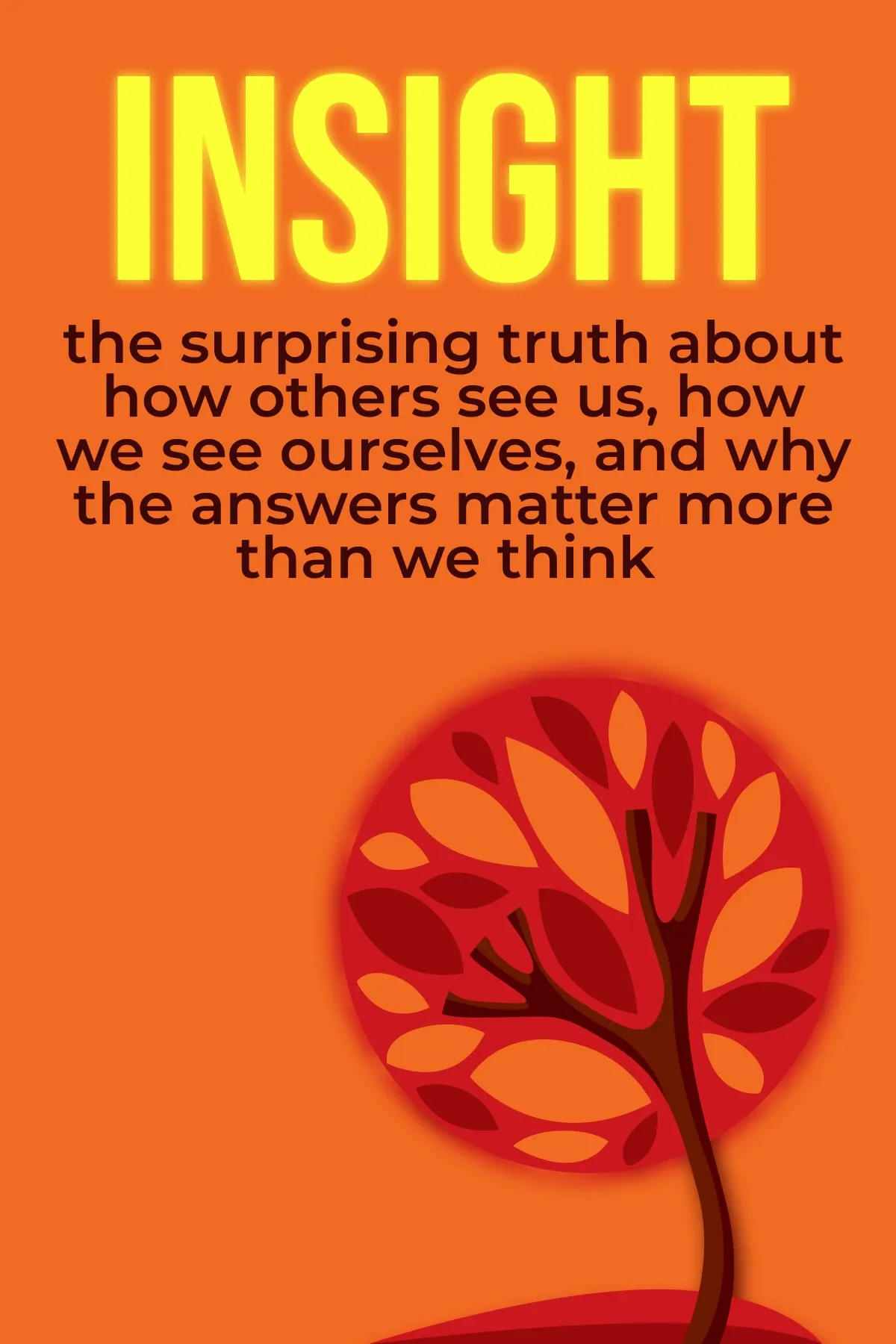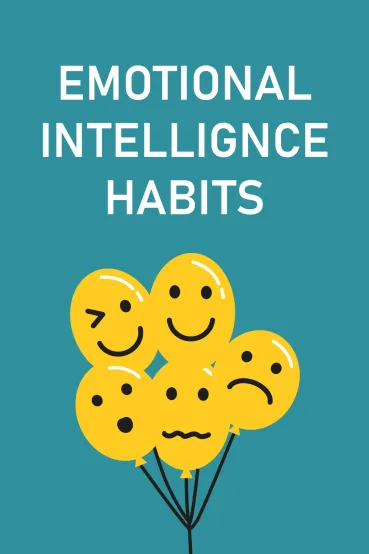
Emotional Intelligence Habits
Brief Summary
“Emotional Intelligence Habits” is a scientifically sound exploration of the human brain and behavior. Why is it so essential to control your emotions? And how can this ability affect all spheres of your life? Read on to find the answers.
Key points
Key idea 1 of 9
To understand how sensory experiences work, imagine a vast system in your body centered on your brain. When you experience something by touch, taste, hearing, sight, or smell, these sensations travel like electronic signals, moving to a center near your spinal cord. However, their journey does not end there; the next destination is the prefrontal cortex, which rationalizes these signals. An important point is that these signals pass through the limbic system on the way, which is why we feel emotions before we rationalize them.
The story of the talented foreman Phineas Gage illustrates what can happen if the system of feelings processing fails. In addition to being a capable worker, Phineas was characterized by his kindness and friendliness when dealing with others. However, one day, a terrible railroad accident happened that changed his life forever.
In the accident, Phineas had his prefrontal cortex damaged. This part of the brain is responsible for emotional regulation, causing drastic changes in his behavior. He became rude and impatient, which led to his dismissal from his job, and it took Phineas a long time to come to terms with it. Eventually, he found a new job and learned to control his emotions again.
The emotional and rational areas of our brains are interconnected and constantly communicate with each other, forming the basis of emotional intelligence. And the more closely these two areas interact, the better we can control and understand our emotions. What is emotional intelligence (or EQ), and why is it important? By this term, we mean the ability to understand, recognize, and regulate our emotions and those of others.
We need this vital skill to interact more effectively with others and make crucial life decisions. Moreover, emotional intelligence has a greater impact on our behavior than knowledge of facts. That is why our success in various areas of life and personal happiness depends on it. However, not all people can effectively manage their emotions, which often leads to negative consequences. So, how can we develop emotional intelligence?
FAQ
You may also like these summaries


